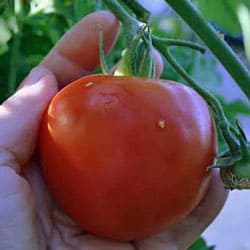Increasing Your Garden Knowledge
One sure way to improve your garden next year is to increase your garden knowledge during the slower season. This is easier than you might think.
First – review how your garden did this season.
Do a high-level flyover of the season either in memory or with notes.
If you took them, look at the notes in your garden journal and see what did well and what didn’t.
- Were there weather events that boosted your plants or punched them in the nose?
- Once or repeatedly?
- How were your insect populations – destructive as well as beneficials?
- Were there more of one than the other?
- Are there more beneficials or are the destructive insects gaining?
- Did you plant something new as a trial – how did that work?
- Would you plant that again, or try a different variety?
- What do you want to try next season?
- How would you describe the overall health of the garden? Look at the plants, insects and pollinators, earthworms and soil critters as well as disease pressure.
If you could learn one thing for next season that would make a positive difference, what would that be?
Second – If you didn’t keep a garden journal this season, now you might see why it is highly useful.
It helps in keeping track of what happened, what went well and what didn’t.
You don’t need to document everything, and some notes are much better than none. You will see this especially a few years down the line when you can’t remember what you did that worked that one year!
- You can still profit from this year’s experiences and knowledge by downloading our Garden Journal. Get some notes down while they are still fresh in your mind, creating a basis to start from.
- Next, print one for next year and use it to start planning and making notes of what you want to do or try next season.
Now is the perfect time to start learning, sharpening your skills and expanding your knowledge for next season. We are talking about this early, as it is much too easy to think that there is enough time left to do it later. Ask us why we know this…
“What do you get when you don’t get what you want? That thing is called experience.”
There are two ways to gain experience – directly and indirectly.
Direct experience is your mistakes and missed opportunities that you learn from. Indirect experience is learning from other’s mistakes and knowledge.
Everyone learns directly, but smart people focus on learning from other’s lessons. This greatly shortens the time needed to gain that knowledge.
We hope this will boost your learning curve!










Leave a Reply
Want to join the discussion?Feel free to contribute!